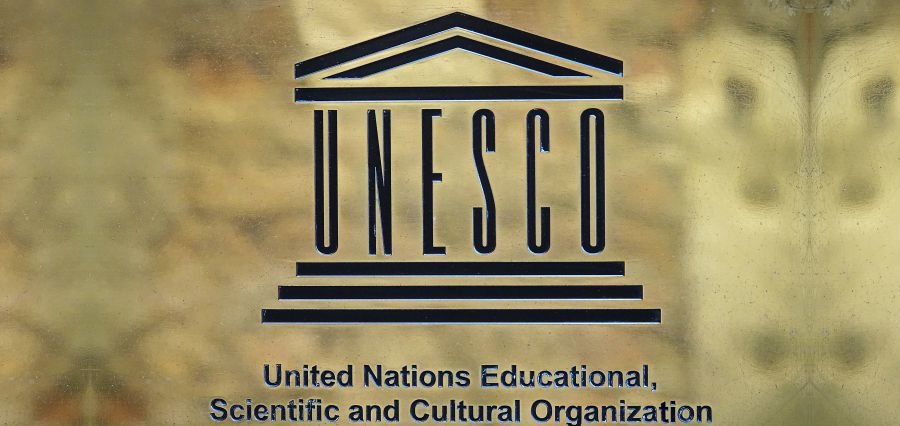Almost a year since the partnership by Panama’s Ministry of Education, MEDUCA and UNESCO’s Latin American Laboratory for Assessment of the Quality of Education, LLECE, there was the valid pilot test of the CRECE evaluation, which will finally reach the implementation phase for measuring the achievements being pursued by the curriculum for the Panamanian students at the 3rd, 6th, and 9th grade levels of instruction in the subject areas of Spanish (Reading), Mathematics, and Natural Sciences.
It covered all 10 regions of the country, 6 of which were indigenous, and comprised as many as 65 schools and approximately 18,000 students. According to Gina Garcés, Panama’s national director of evaluation, this is quite important “because we have seen the commitment on the part of school authorities and the community, including parents, who are eager to understand the learning levels of their children through these evaluations. Schools have been open to hosting this assessment from Bocas del Toro to Darién.”
The pilot, according to Garcés, tests testing instruments and methods; it is the first nationwide application of the CRECE test. “This pilot gives a basis for necessary adjustments and improvements. We have been monitoring the schools so best practices and lessons learned can be evaluated for the proper large-scale implementation in October, where we shall integrate all 3rd, 6th, and 9th-grade students in the final evaluation.”
The LLECE Laboratory of UNESCO gave the pilot process very important support, particularly by providing design support for evaluation tools, operations in the field, data processing and analysis, and communication of future results in 2024 CRECE. Esther Kuisch Laroche, UNESCO Director for the regional office of Latin America and the Caribbean, stated: “This pilot is the most ambitious effort by LLECE to date, highlighting its ability to innovate and launch new projects. Using regional synergy in this way to ensure that that is done will improve education quality and achievement levels of students through this advisory work in Panama.”
This initiative underlines UNESCO’s commitment to strengthen the quality of education in the region while pushing the agenda for educational recovery and transformation, which enhances holistic development strategies within Panama’s school communities.

